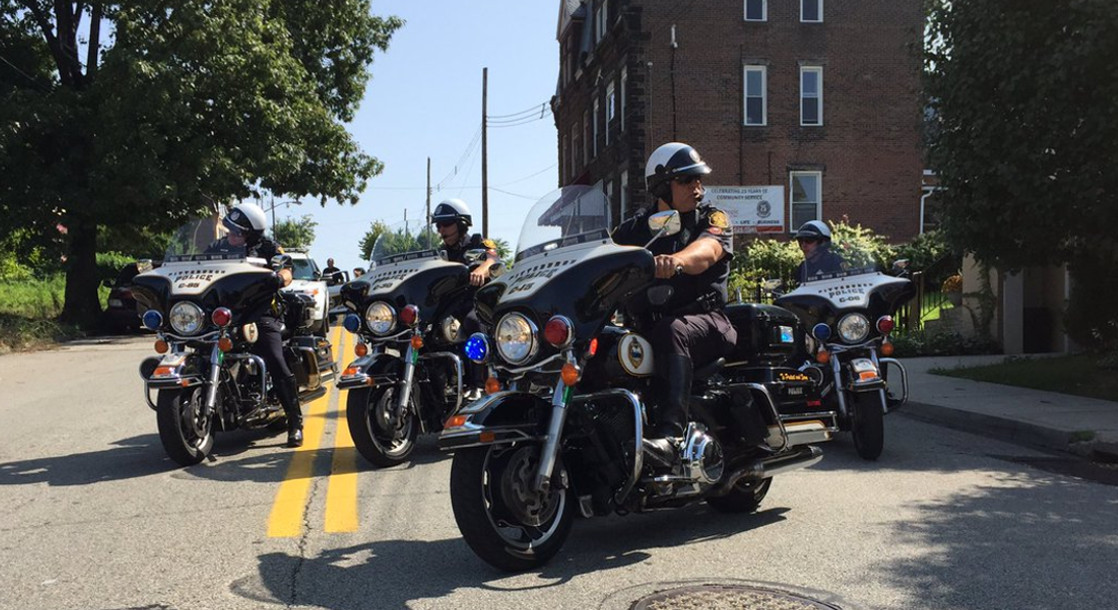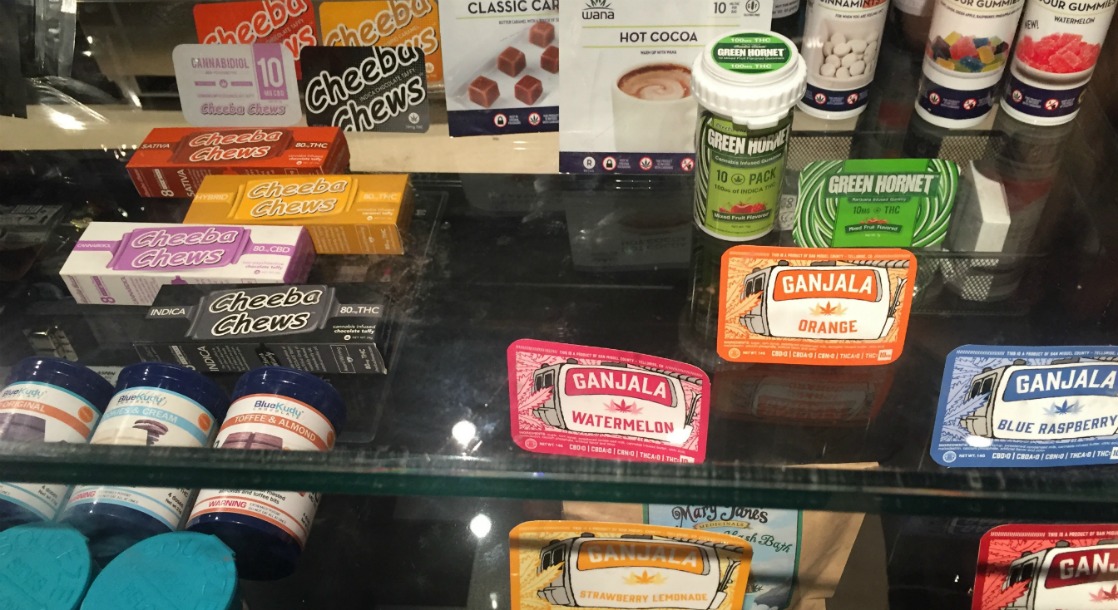Photo via Pittsburgh Police
The city of Pittsburgh, Pennsylvania decriminalized possession of small amounts of marijuana more than three years ago, but as the Keystone State continues on a path of legal cannabis reform, police officers in the Steel City are seemingly trying to return the Rust Belt hub to prohibition’s painful past.
According to statistics first uncovered by Pennsylvania-based cannabis advocate and journalist Chris Goldstein and published in the Pittsburgh City Paper, arrests for marijuana possession jumped by more than 200 individual cases from 2016 to 2017 — just one full year after the city gave police officers the option to dole out civil infraction tickets for minor pot crimes instead of pulling out their handcuffs.
When Pittsburgh City Councilors voted to decriminalize the possession of under 30 grams of marijuana three years ago, local police officers responded in kind, recording 160 fewer pot busts in 2016 than they had the previous year. One year later though, and Steel City cops went right back to their old tactics, with 772 small-time weed arrests on record in 2017. To make matters worse, of those 772 arrests, 551 were charged to African Americans, continuing in Pittsburgh’s long history of racially-biased policing. Despite accounting for just 24% of the city’s population, black residents account for 71% of minor weed arrests.
Because Pittsburgh’s decriminalization rule relies on individual police officer discretion regarding whether a suspect should be ticketed or arrested, local advocates argue that cops could be taking it upon themselves to uphold prohibition in the face of Pennsylvania’s statewide push for cannabis reform, even if most of those minor charges don’t end up being prosecuted.
“You are still bringing 700 people into the court and fingerprinting them, and that is 700 people that still need their records expunged,” Patrick Nightingale from Pittsburgh NORML told the City Paper. “All of these cases are still being withdrawn. Why are these people getting fingerprinted?”
Since the Keystone State’s medical marijuana program opened for business in February, state officials have already moved to greatly expand access and create a first-of-its-kind cannabis research initiative with local universities. After only three months of medical cannabis sales, Mayors Bill Peduto of Pittsburgh and Jim Kenney of Philadelphia — the state’s two largest cities — have both offered official support for full adult-use legalization.
“There has been no documented research to show that marijuana is a gateway drug,” Mayor Peduto said this month. “There has been research to show that it is beneficial to those that suffer from depression and other health issues, that may not be able to get a prescription [for medical marijuana] or may feel that getting a prescription could jeopardize their future.”
But while total legalization will have to be enacted at a statewide level, fixing Pittsburgh’s decriminalization doctrine is a local matter. And if you ask local activist Nightingale, stopping nearly 800 unnecessary arrests is as simple as rewording the 2015 City Council decree to require police officers to write possession tickets instead of piling on arrests.
“It is a policy, it is not a law, and the policy is weakly worded,” Nightingale said. “All I want to do is change the word from ‘may’ to ‘shall.’”











